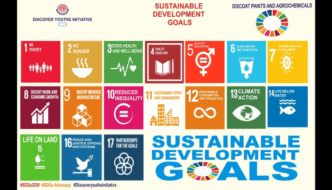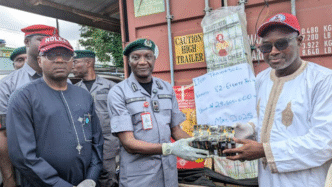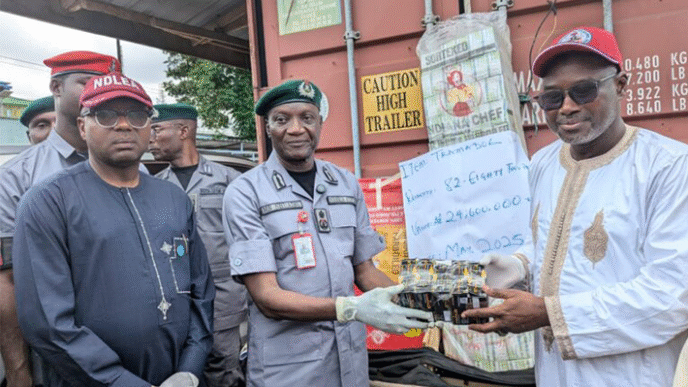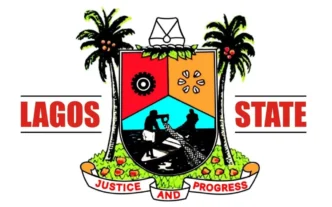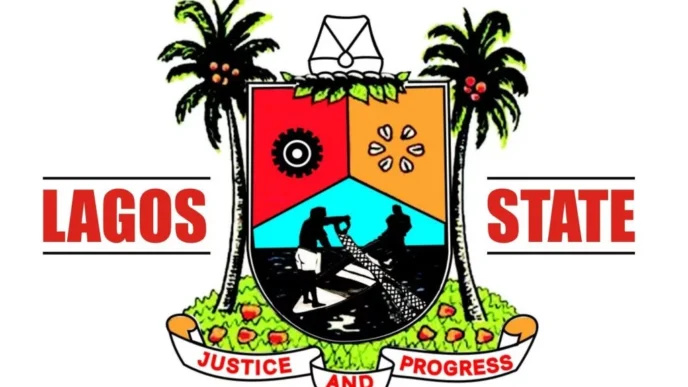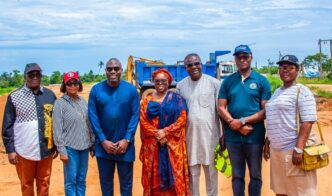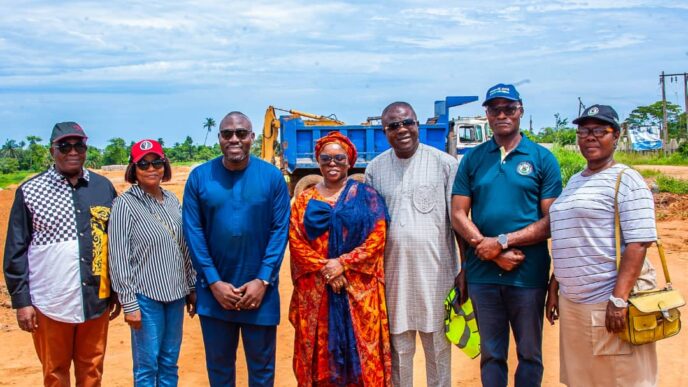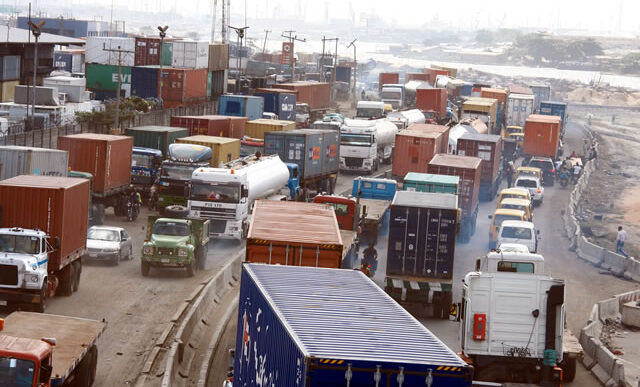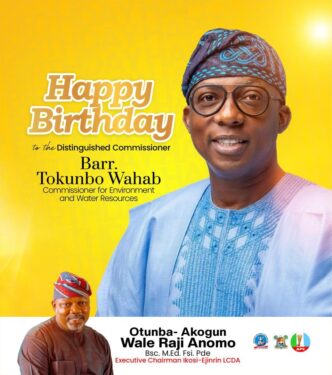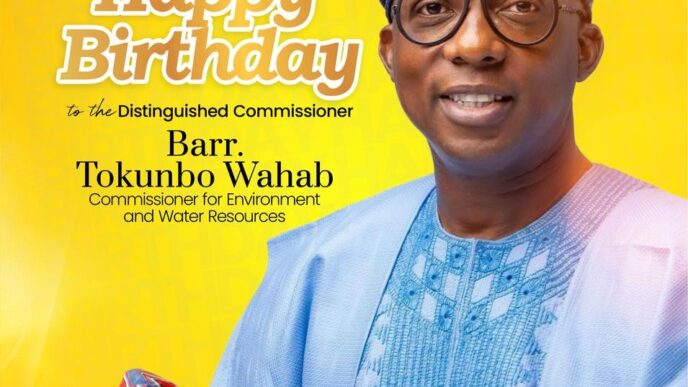The Lagos State Government has announced a renewed focus on ten high-impact Sustainable Development Goals (SDGs) as part of its strategic plan to fast-track inclusive growth, environmental sustainability and improved quality of life across the state.
EpeInsights reports that the Special Adviser to the Governor on Sustainable Development Goals, Dr. Oreoluwa Finnih, said this during the Y2025 Ministerial Press Briefing held at the Bagauda Kaltho Press Centre, Alausa, Ikeja.
According to Dr. Finnih, the ten prioritised goals were selected using a robust, data-driven framework that considered both feasibility and potential impact.
She emphasized that the selected SDGs align with global and local imperatives and are expected to deliver the greatest multiplier effects without sidelining the remaining goals, which have been mainstreamed into the state’s broader development plans.
The prioritised goals are Zero Hunger (Goal 2), Quality Education (Goal 4), Clean Water and Sanitation (Goal 6), Affordable and Clean Energy (Goal 7), Decent Work and Economic Growth (Goal 8), Industry, Innovation and Infrastructure (Goal 9), Responsible Consumption and Production (Goal 12), Climate Action (Goal 13), Peace, Justice and Strong Institutions (Goal 16), and Partnerships for the Goals (Goal 17).
Dr. Finnih described the SDGs as a blueprint for building a resilient and equitable society and stated that Lagos is aligning with international best practices by focusing on the goals that matter most to its citizens. She added that this approach is based on the findings of Voluntary Local Reviews (VLRs), which many cities use to assess their development priorities.
She reported significant progress in key areas of intervention, including the implementation of transformative projects under the state’s T.H.E.M.E.S Plus agenda.
Among the notable achievements is the Lighthouse Project, a flagship programme that has reached over 800,000 residents in underserved communities across all 20 local government areas of the state. The project has delivered targeted support in the areas of education, healthcare, and sanitation.
Dr. Finnih also highlighted initiatives focused on women’s financial inclusion, revealing that 1,200 women across 12 underserved communities have gained access to digital identity, financial literacy, and health insurance through collaborations with organisations such as African HCD+, Opay, Cowrywise, NIMC, LASRRA, and LASHMA.
Another milestone initiative is the Lagos Flood Risk Insurance Product, developed in partnership with the UNDP and the Insurance Development Forum. The product uses a parametric model to provide quick payouts to vulnerable populations affected by flooding, thereby improving resilience and disaster preparedness.
She further noted efforts to institutionalise the SDGs across public institutions. These include establishing SDG Clubs in public secondary schools and introducing the “SDGs and I” handbook to promote civic engagement. Plans are underway to extend these programmes to primary schools across the state.
The Office has also made headway in supporting economic resilience, with 3,400 households benefiting from temporary employment under the NG-CARES programme and 5,000 youth-led SMEs trained in digital skills through partnerships with innovation-focused organisations such as the Alibaba Foundation.
Dr. Finnih stated that the recent launch of the Human Capital Development (HCD) 2.0 Framework represents a bold step toward systemic transformation. The new framework aims to use data and inter-agency collaboration to deliver measurable outcomes in human capital development.
She also announced that the United Nations Development Programme (UNDP) has designated the Lagos SDGs Office as the SDGs Accelerator and Innovation Hub for the Southwest region. This designation reflects the state’s leadership in implementing people-centred and evidence-based strategies.
Looking ahead, the Office is preparing to host several key initiatives, including the Second Lagos Sustainability Summit, the second phase of the Women’s Financial Inclusion Programme, and the development of the second Lagos Voluntary Local Review.
Other upcoming projects include the launch of the “Lagos SDGs on Television” programme, a High-Level SDGs Breakfast Meeting with the diplomatic corps and development partners, quarterly workshops for SDG Champions, and the deployment of a real-time SDGs Monitoring Dashboard across all MDAs.
The Office will also publish an SDGs Data Compendium to consolidate key indicators and guide future planning.
Dr. Finnih concluded by stressing the importance of partnerships, saying that collaboration with public, private, and civil society stakeholders is essential for scaling impact.
She reaffirmed that the administration of Governor Babajide Sanwo-Olu remains committed to making Lagos the most sustainable city in Africa, with the SDGs serving as a guiding framework to lift people out of poverty, protect the environment, and promote inclusive prosperity.
